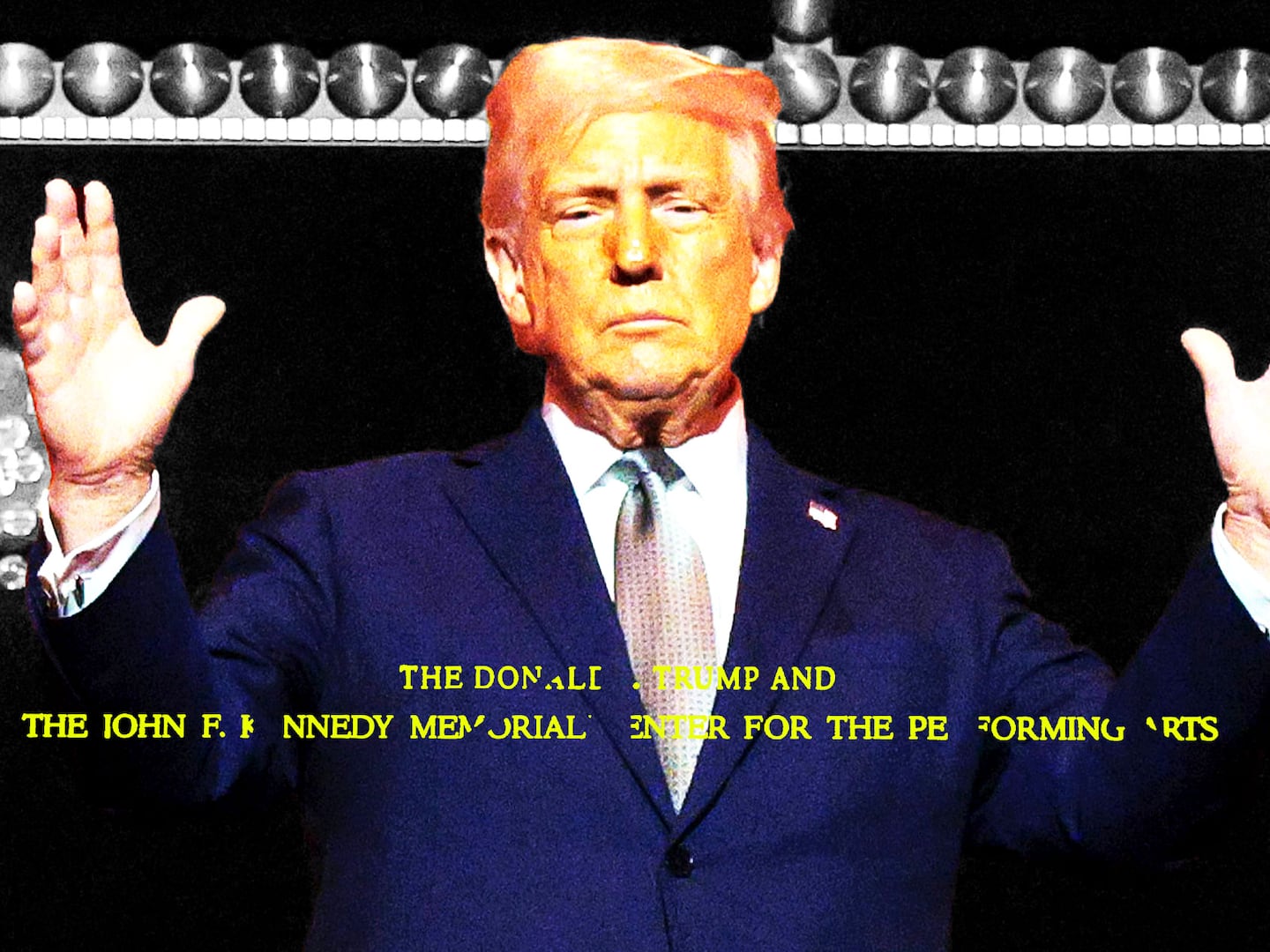When Leigh Whannell explained his idea for The Invisible Man to Jason Blum, the horror maestro was rapt. Whannell’s version of the story is basically unrecognizable from the H.G. Wells novel that inspired it—and the 1933 adaptation that precedes it. In this version, Elisabeth Moss plays a domestic violence survivor named Cecilia who flees her wealthy husband, Adrian—who also happens to be a lead optics researcher. It’s a timely interpretation, to say the least; the #MeToo movement has inspired plenty of discussions about how often women’s accounts of assault and abuse are not believed. What better metaphor than a stalker no one can see?
“It was the fact that we were going to make an Invisible Man where the star of the movie was not the invisible man,” Blum recently told The Daily Beast. “And that the invisible man was the bad guy… I guess the idea of a woman being gaslit by a guy who could be invisible is a movie that I’d want to see.”
An invisible villain is only as good as the performer he’s haunting, and it’s hard to think of a better candidate than Moss to tackle this role. She has, after all, spent years depicting a similarly topical struggle on The Handmaid’s Tale. In The Invisible Man, as in Handmaid’s, Moss brings intensity to every frame. As silly as the idea of an abuser building his very own invisibility suit sounds—and plenty of characters point out to Cecilia that it sounds pretty laughable—Moss lends her character’s insistent, desperate terror credibility.
Blum knew from the beginning what Moss could do in this role; he’d already worked with her in Jordan Peele’s Us, and had seen on Handmaid’s what she can do with this kind of material.
“She’s both exceptional and everyday,” Blum said of Moss. The producer added that there are movie stars whose actual acting range can vary—and then there are character actors who struggle to carry films. “And I think what’s unique about Elisabeth is that she has both.”
The film’s topicality, Blum said, does help drive the story and ground it in an instantly recognizable context—but “what really drew it to me was that it was an, I think, super fun, compelling story. Not that, Oh this fits with the headlines of the time, so we’re gonna do that movie.” When asked what he wanted viewers to take away from The Invisible Man, he added, “What I want people to take away from the movie is that it’s a fun, great ride.”
Blum drew criticism after he said in a 2018 interview that Blumhouse hadn’t worked with any female directors in its more than decade-long history because there simply weren’t that many to work with. At the time, Blum said he misspoke. When asked if making this film without a woman directing or writing had ever been a concern, Blum said pointed out that Blumhouse’s Black Christmas, Run Sweetheart Run, and upcoming The Craft remake all come from female directors—and as for this film, “I think it’s very limiting to suggest that women can only direct movies about women and men can only direct stuff about men.” (It’s also worth noting that men experience intimate partner violence as well.)
The more pertinent question in this case might actually concern Elisabeth Moss. As with some of her other projects, it can be hard to watch this film, with its themes of overcoming abuse, and not sense a twinge of hypocrisy. She is, after all, a member of the Church of Scientology—an organization that has faced more than its fair share of abuse claims. Blum said he did not know about Moss’s affiliation with the church until after she had already been cast—“and had I known she was a Scientologist, it would have made no difference.”
“I shudder at the notion of that,” he said. “Everyone’s entitled to their own belief... and that doesn’t affect their talent.”
Ultimately, something about The Invisible Man never quite snaps into place. Although the dread is there from those very first shots of Adrian’s house—built right on the ocean with glass walls to overlook violent, pounding waves—The Invisible Man struggles to find the right horror language to drive its point home as the violence crescendos. Its villain never manages to be nearly as scary as what he represents. And the ending, an unearned and jarring emotional pivot, feels like a miscalculation that undoes any argument for the film’s metaphorical value. Still, given that The Invisible Man was initially slated as part of Universal’s cursed Dark Universe—starring Johnny Depp—we could probably have done worse.






